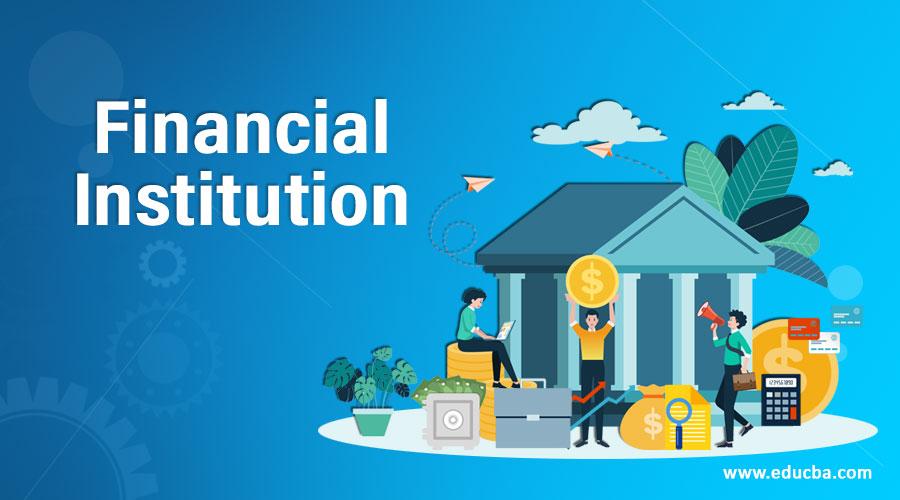In the ever-evolving landscape of financial services, where the balance between security and convenience is paramount, Know Your Customer (KYC) compliance stands as a formidable gatekeeper. Traditionally, this regulatory requirement has been a labyrinthine process, often seen as a necessary burden rather than a strategic advantage. However, in an era where technology is reshaping industries with the precision of a master sculptor, the narrative around KYC is undergoing a transformative shift. Imagine a world where compliance is not a cumbersome obligation but a streamlined, efficient, and even insightful process. This article delves into the cutting-edge technologies that are revolutionizing KYC compliance, offering businesses not just a pathway to simplification, but a gateway to enhanced customer experience and operational excellence. As we unravel the intricate tapestry of digital solutions—from artificial intelligence to blockchain—we reveal how technology is not merely simplifying KYC compliance, but redefining it.
Streamlining Customer Verification with Advanced Digital Tools
In today’s fast-paced digital landscape, leveraging cutting-edge technology is crucial for simplifying Know Your Customer (KYC) compliance processes. Advanced digital tools are revolutionizing the way businesses verify customer identities, ensuring both efficiency and security. By integrating AI-driven solutions, companies can automate data collection and analysis, reducing manual errors and accelerating the verification process. This not only enhances the customer experience but also significantly lowers operational costs.
To streamline customer verification, consider adopting the following technologies:
- Biometric Authentication: Utilize facial recognition and fingerprint scanning to verify identities swiftly and accurately.
- Blockchain Technology: Implement decentralized ledgers to ensure data integrity and transparency.
- Machine Learning Algorithms: Deploy predictive analytics to identify fraudulent activities in real-time.
- API Integration: Seamlessly connect with third-party verification services for a comprehensive KYC solution.
By embracing these digital tools, businesses can not only comply with regulatory requirements but also build trust with their customers through secure and seamless verification processes.
Harnessing AI and Machine Learning for Efficient Identity Checks
In the ever-evolving landscape of digital finance, AI and Machine Learning are revolutionizing the way businesses approach Know Your Customer (KYC) compliance. By leveraging these cutting-edge technologies, organizations can streamline identity verification processes, reducing the time and resources traditionally required. AI-driven solutions can analyze vast datasets in real-time, identifying patterns and anomalies that human eyes might miss. This not only enhances the accuracy of identity checks but also mitigates the risk of fraud, ensuring that businesses remain compliant with regulatory standards.
- Automated Document Verification: AI can swiftly verify the authenticity of documents, such as passports and driver’s licenses, by comparing them against global databases.
- Facial Recognition Technology: Machine learning algorithms enhance facial recognition capabilities, allowing for quick and reliable identity confirmation.
- Behavioral Analysis: By monitoring user behavior, AI systems can detect unusual activities, providing an additional layer of security.
Implementing these technologies not only simplifies KYC processes but also provides a seamless customer experience. As businesses continue to adapt to regulatory demands, the integration of AI and machine learning becomes not just an advantage, but a necessity in maintaining compliance and fostering trust.

Enhancing Data Security and Privacy in KYC Processes
In the ever-evolving landscape of financial compliance, ensuring robust data security and privacy within Know Your Customer (KYC) processes is paramount. Leveraging advanced technologies can transform these processes, making them not only more secure but also more efficient. Blockchain technology stands out as a revolutionary tool, offering immutable and transparent records that can significantly reduce fraud and enhance trust. By decentralizing data storage, blockchain minimizes the risk of data breaches, ensuring customer information remains secure.
Moreover, integrating artificial intelligence (AI) and machine learning (ML) can streamline data verification, reducing human error and accelerating the compliance process. These technologies can analyze vast amounts of data quickly, identifying patterns and anomalies that might be missed by manual checks. Key strategies to bolster security and privacy include:
- Implementing end-to-end encryption to protect sensitive data during transmission.
- Utilizing biometric authentication methods to verify identities securely.
- Regularly updating and patching systems to guard against vulnerabilities.
By adopting these cutting-edge technologies, businesses can not only meet regulatory requirements with ease but also build a more secure and trustworthy relationship with their customers.
Leveraging Blockchain for Transparent and Immutable Compliance Records
In the realm of Know Your Customer (KYC) compliance, blockchain technology emerges as a formidable ally, offering unparalleled transparency and immutability for compliance records. By utilizing a decentralized ledger, businesses can ensure that all KYC data is securely stored and tamper-proof, providing a single source of truth that is accessible to authorized parties. This innovative approach not only enhances the reliability of compliance records but also streamlines the auditing process, reducing the time and resources traditionally required for verification.
Key benefits of integrating blockchain into KYC compliance include:
- Enhanced Security: Blockchain’s cryptographic nature ensures that data is encrypted and protected against unauthorized access.
- Improved Efficiency: Automation of compliance checks through smart contracts reduces manual intervention and speeds up the process.
- Cost Reduction: By minimizing redundancies and streamlining operations, businesses can significantly cut down on compliance-related expenses.
- Regulatory Alignment: The immutable nature of blockchain records ensures that compliance data remains consistent and easily verifiable, aligning with regulatory standards.
Embracing blockchain for KYC compliance not only future-proofs your organization against evolving regulatory landscapes but also fosters trust with stakeholders by demonstrating a commitment to transparency and security.





